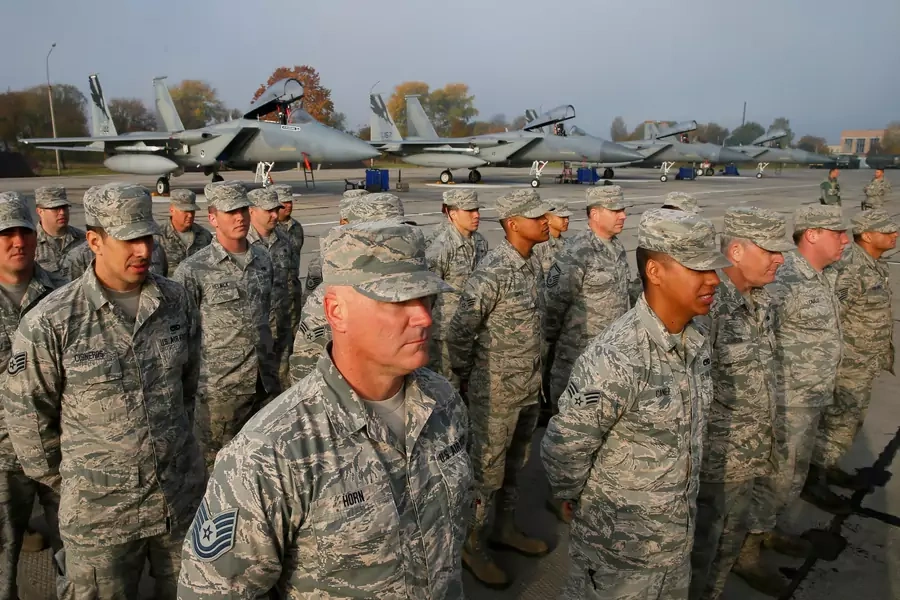In a world where conflicts and tensions can quickly escalate into crises, military analysts are essential in providing insights and assessments on global hotspots. From the ongoing disputes in the Middle East to the territorial conflicts in the Asia-Pacific region, analysts closely monitor the military capabilities of various actors and forecast potential scenarios. Africa’s challenges with armed groups and weak governance structures, as well as Europe’s concerns with instability and nationalist movements, are also areas of focus for analysts. In the Americas, conflicts in countries like Venezuela and Colombia are closely watched for their impact on regional stability. Overall, military analysts play a critical role in ensuring policymakers have the necessary information to prevent crises from threatening international peace and security.
Global Hotspots: Military Analysts’ Views on Conflict Zones
As the world becomes more interconnected than ever before, conflicts and tensions in various regions have the potential to escalate into full-blown crises. Military analysts play a crucial role in assessing the situation in different conflict zones and providing insights into potential threats and challenges.
Middle East
The Middle East has long been a hotbed of conflict, with ongoing disputes in countries such as Syria, Yemen, and Iraq. The rise of terrorist groups like ISIS has further destabilized the region, leading to a complex web of alliances and rivalries. Military analysts closely monitor the situation in the Middle East, analyzing the actions of various actors and assessing the potential for further escalation.
Asia-Pacific
The Asia-Pacific region is home to several simmering conflicts, including the territorial disputes in the South China Sea and the volatile situation on the Korean Peninsula. Military analysts pay close attention to these flashpoints, evaluating the military capabilities of involved parties and forecasting potential scenarios. The rise of China as a global superpower has added an extra layer of complexity to the region’s security dynamics.
Africa
Africa has also seen its fair share of conflicts, from the civil war in South Sudan to the ongoing terrorism threat in countries like Nigeria and Somalia. Military analysts track the movements of armed groups and assess the effectiveness of local and international efforts to contain the violence. The porous borders and weak governance structures in many African countries present a significant challenge to maintaining peace and stability.
Europe
While Europe is often seen as a relatively stable region, the conflict in Ukraine and the rise of nationalist movements in countries like Hungary and Poland have raised concerns about the potential for future instability. Military analysts keep a close eye on these developments, analyzing the military capabilities of Russia and other actors in the region. The recent tensions between NATO and Russia add an extra layer of complexity to the security situation in Europe.
Americas
In the Americas, conflicts in countries like Venezuela and Colombia have attracted global attention due to their impact on regional stability. Military analysts analyze the actions of armed groups and assess the potential for external intervention in these conflicts. The ongoing drug trafficking and gang violence in countries like Mexico also pose significant challenges to security in the region.
Overall, military analysts play a crucial role in monitoring global hotspots and providing policymakers with the insights they need to make informed decisions. By staying abreast of the latest developments in conflict zones around the world, analysts help to prevent crises from spiraling out of control and threatening international peace and security.
